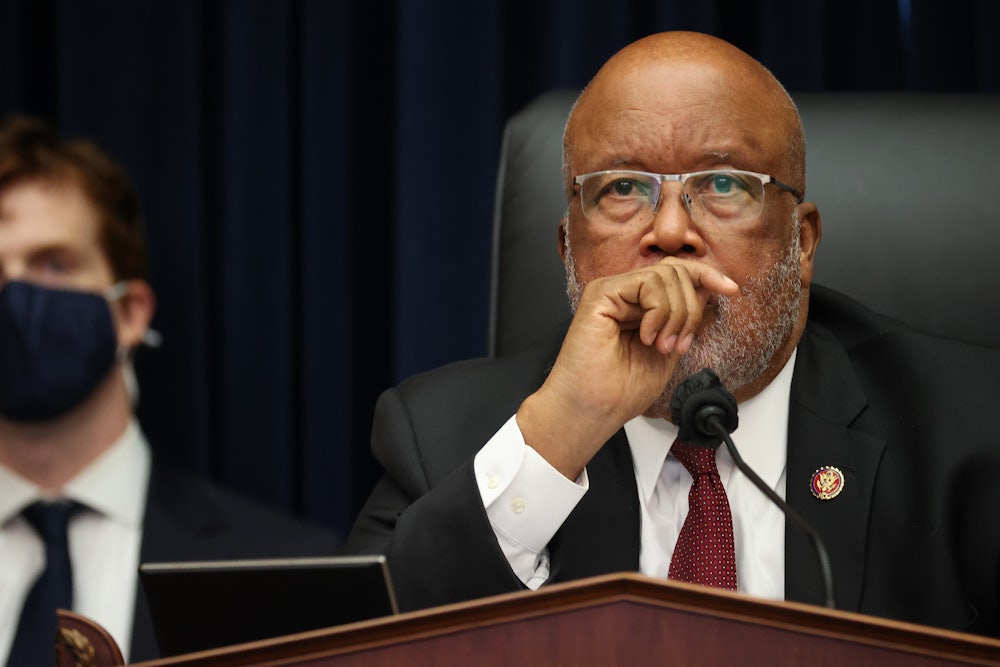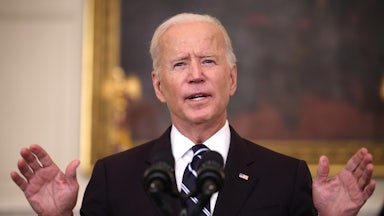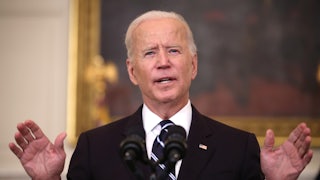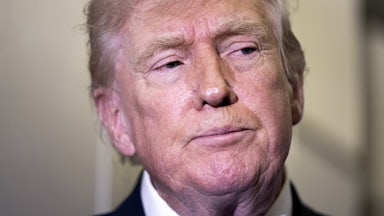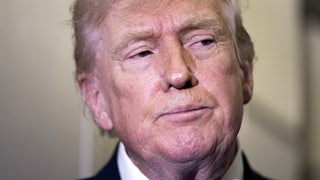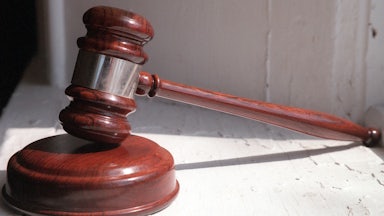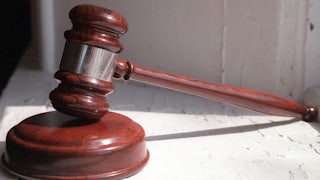The Select Committee investigating the
January 6 mob attack on the Capitol took a significant step forward late
Thursday night when it announced that it had received thousands of documents it
had requested from social media and telecom companies.
“With several hours to go before today’s deadline, the Select Committee has received thousands of pages of documents in response to our first set of requests and our investigative team is actively engaged to keep that flow of information going,” a spokesperson for the Committee said in a statement released late Thursday night. The statement continued with a tantalizing mention of the fact that the National Archives and Records Administration “has undertaken the process required by law for review of presidential records.”
The statement was an effective signal that both the committee and the telecom companies were undeterred by recent warnings from congressional Republicans. It’s a stark sign that nothing has stopped or slowed the committee’s investigation so far. Republicans have tried to stop the committee from having Republicans on it. That hasn’t worked (although the two GOP members are some of the most ardent opponents of Donald Trump on Capitol Hill). Republicans have tried to intimidate the social media and telecom companies out of complying with the committee. That doesn’t seem to be working, either. It’s not clear if all the companies are following the committee’s demand. But some are—and the committee wants the world to know it.
“What the committee is communicating to all stakeholders is that it’s off to a good start,” said Norm Eisen, a former co-counsel for the House Judiciary Committee during Donald Trump’s first impeachment. Eisen continued that it’s important for any of the recipients of the committee’s records requests who are dawdling to know “their peers are providing assistance.” Eisen added, “These are perfectly lawful requests, and they should be cooperated with.”
The last sentence of the committee’s statement is perhaps the most intriguing. It means that the National Archives and Records Administration, or NARA, has started taking steps to go through presidential records from the Trump administration that relate to the committee’s records request.
“In a nutshell, what it means is, even though it’s not the fastest process in the world, the wheels are turning to get those Trump administration documents,” Eisen added.
In a separate interview on Friday, Walter Shaub, a senior fellow at the Project on Government Oversight who also was the former director of the Office of Government Ethics, said that the NARA request has its own peril. It suggests to Shaub that the committee is negotiating with the Biden administration about which documents the committee can go through.
“What it means is, they’re going through them and seeing if they want to assert any privileges and refuse to release documents,” Shaub said. “There’s been this attitude of being very protective of presidential prerogatives, which is dangerous because we saw in the last administration congressional oversight break down entirely because the president, President Trump, was able to take advantage of theories that have been asserted from past administrations, and then he ratcheted them up on steroids. But he wouldn’t have been able to do that if past presidents hadn’t pushed back against congressional oversight.”
In other words, even as the January 6 committee makes its way through these records and documents, there’s a ripple effect that could make it more difficult for future administrations to block oversight. Shaub explained that the January 6 committee statement suggests the Biden administration might be protecting some documents on the basis of presidential prerogative in a similar way to how Attorney General Merrick Garland at times has opted to side with Donald Trump’s Justice Department.
Earlier this month, House Minority Leader Kevin McCarthy responded to a demand by the committee for telecom companies to preserve records related to the attack by threatening retribution.
“If these companies comply with the Democrat order to turn over private information, they are in violation of federal law and subject to losing their ability to operate in the United States,” McCarthy said in a statement posted to Twitter. More aggressively, he added that the “Republican majority will not forget” if the companies comply with the majority.
Other Republicans have made similar arguments, and a group of GOP lawmakers sought to try to counter the committee’s request by demanding that social media and telecom companies “preserve the communication and phone records of Democrat representatives for future investigative use”—a request that doesn’t relate in any serious way to January 6.
McCarthy and other congressional Republicans, including those the committee is reportedly seeking records for, have since been arguing that the 30-some telecom companies that received the request are legally obligated not to comply. That argument was called into question by legal experts, though. In response to McCarthy’s argument that telecom companies are required to protect the records the committee is asking for, former Federal Communications Commission Chair Tom Wheeler was among the many experts who said those laws don’t apply here.
“There’s two issues here,” Wheeler said in an interview earlier this month. “Number one, I don’t think this is a single member of Congress, is it? … And number two, the data that he chooses? No. This is about an insurrection.”
The telecom companies seem to agree, as well, and the committee wants to publicize that. That’s a reminder that nothing about this investigation is unserious or unimportant—or anywhere near over.
